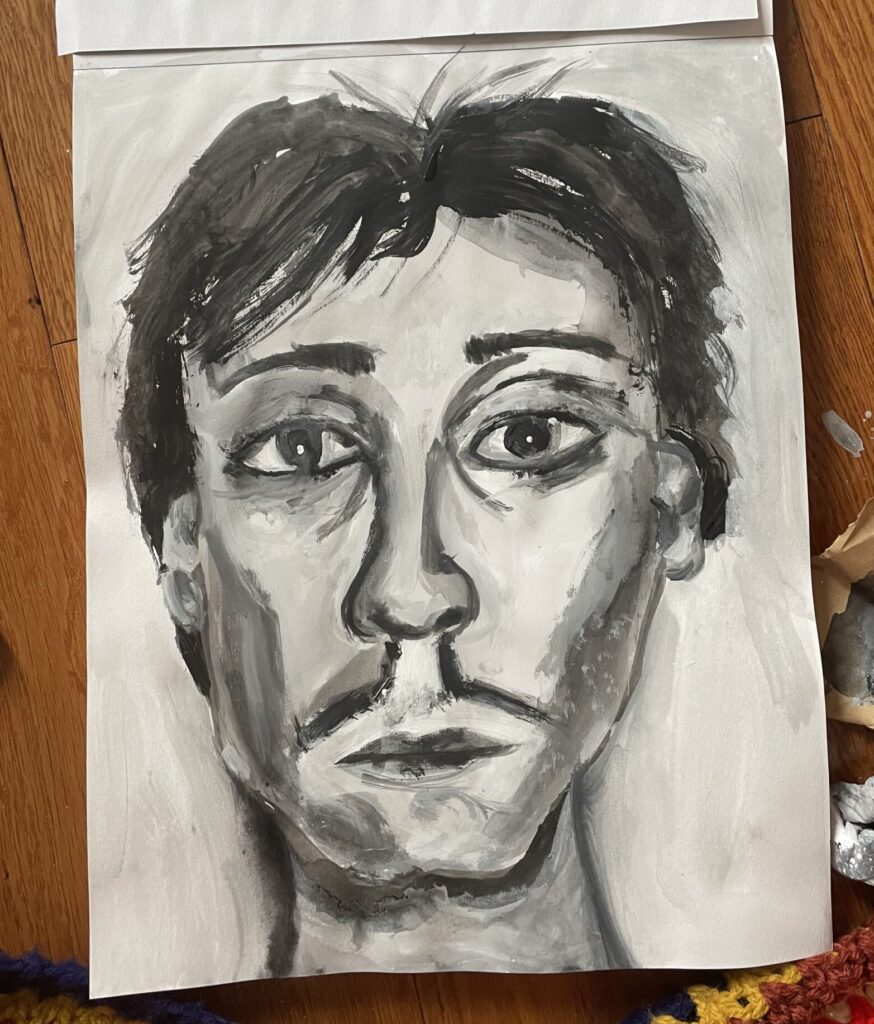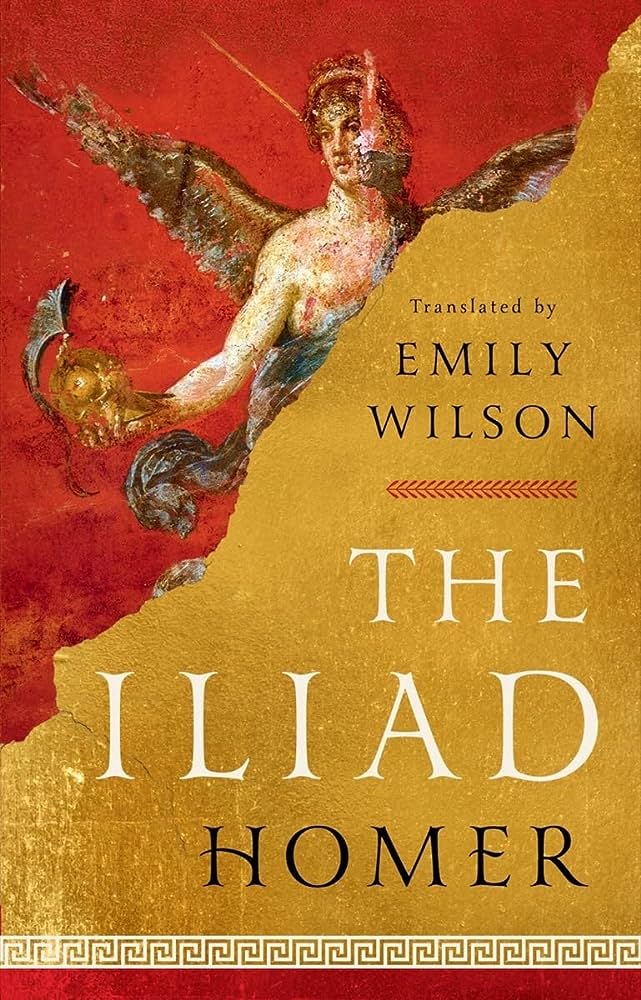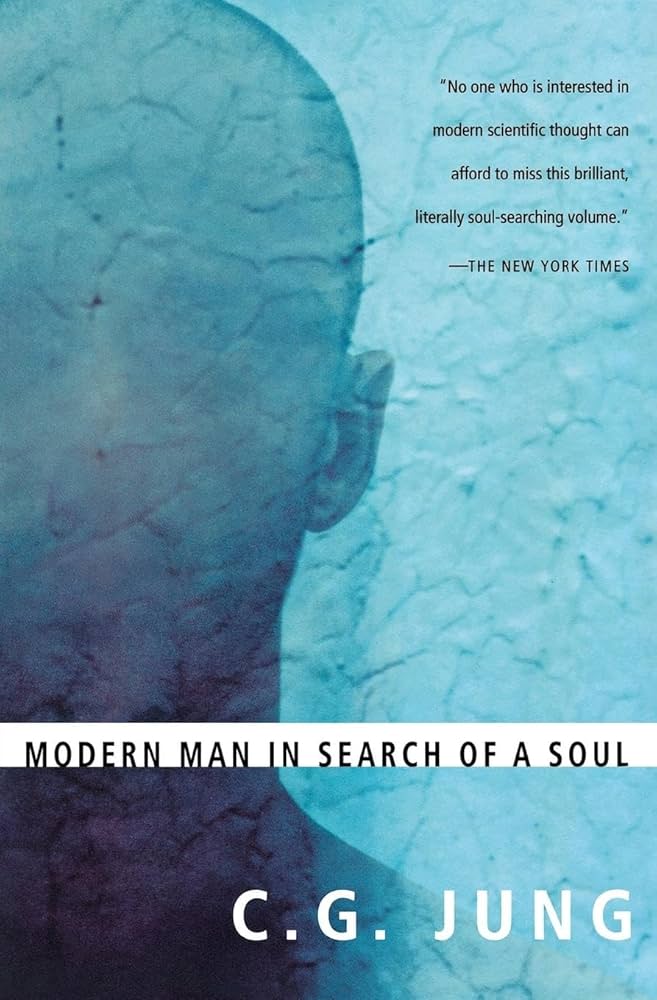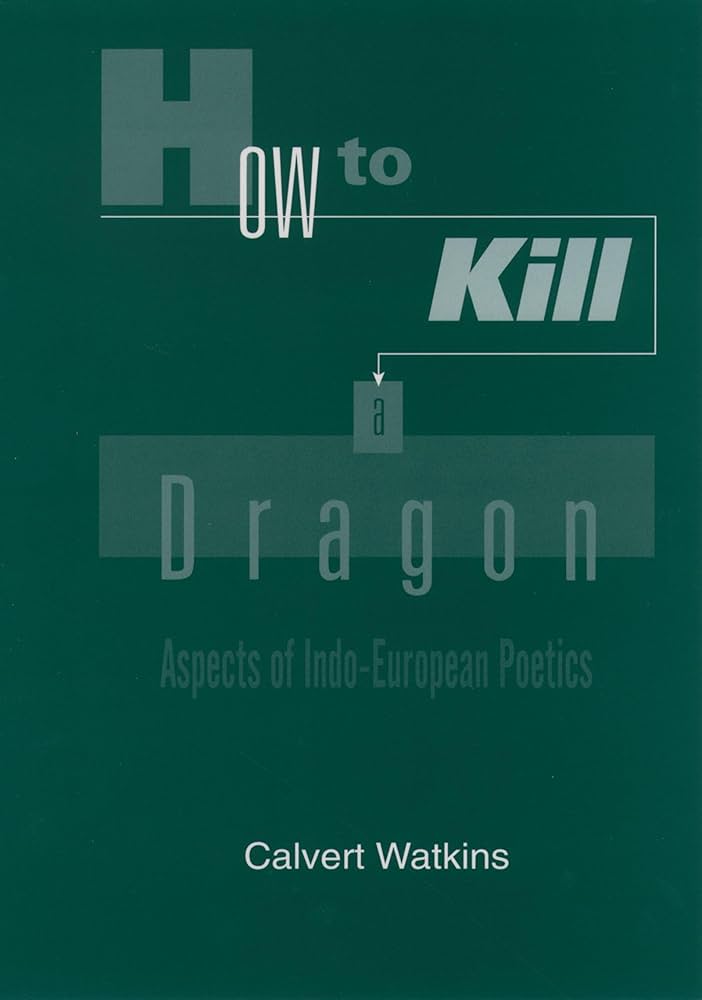What I’ve Been Reading
The Iliad
Translated by Emily Wilson
Wilson’s translation of the classic epic grants it new life. I have never experienced Homeric poetry with such immediacy before. Wilson doesn’t only make the ancient world accessible. The language itself is of such artistry that it becomes a teacher. I’m learning how to write poetry that feels larger than life, just as the original must have felt.
Modern Man In Search of a Soul
Essays by Carl Jung
These essays liberate readers from Freud’s false notion that only sexual urges determine the psyche (Greek for “soul”). My favorite quote: “The artist is not a person endowed with free will who seeks his own ends, but one who allows art to realize its purposes through him. As a human being he may have moods and a will and personal aims, but as an artist he is ‘man’ in a higher sense—he is ‘collective man’—one who carries and shapes the unconscious, psychic life of mankind.”
How to Kill a Dragon
by Calvert Watkins
Evil serpents. Eternal heroes. Man and beast. Grain and oat. These recurring images across ancient poetry from Ireland to India are no coincidence. Poets, Watkins claims, inherit and perpetuate the oldest legacy of creativity that mankind has to offer. This book shows how speakers of Proto Indo-European—the common ancestor of European and Vedic languages—developed ideas, narratives, and literary devices we still use today.

Andrew Tye is from a town named Temple. He believes all humans are poets. He performs his forthcoming book My Son as a one-man show in NYC. He aims to share the book and the show with national audiences.


